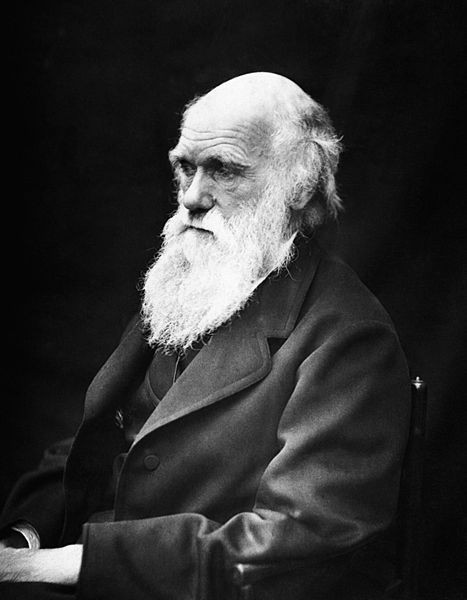Researchers Using Natural Selection to Combat Cancer

Darwin's theory of natural selection applies to animals, plants and everything that's inside of these living organisms. Unfortunately, this theory also holds true for cancer cells.
Natural selection, as developed by Charles Darwin, is based on the idea of advantageous traits. Members of species may have different traits but only one trait is advantageous to survival. Over time the less advantageous traits get weeded out and the advantageous traits become the dominant traits. For cancer, this could mean more cancers becoming resistant to treatments but researchers can also apply this to combat cancer.
According to researchers from Moffitt Cancer Center, when it comes to cancer it's about understanding how cells adapt as well as environmental forces such as genetics. Not all cancer cells are the same and may carry different traits. Something like chemotherapy may kill the majority of cancer cells but there may be a few with different traits, such as slow growth, which may survive. Over time, these cells may become the dominant type of cancer cells which would be resistant to the type of chemotherapy which targets fast growing cells.
The researchers describe cancer tumors as continents populated by a diverse species of cancer cells with different traits that will adapt to different variations in the environment. As cancer develops, there are different factors within the environment which causes cells to change over time. Cells can change for a lot of reasons such as a response to inflammation which is due to the response from the body's immune system.
Natural selection for cancer cells is based on the physical characteristics of the cell not the genetic characteristics of the cell. That's why treatments for advanced cancers may only work for a short period of time. The therapies target specific physical traits of cancer cells but while it kills those types of cancer cells there are other cancer cells that have different physical traits which will ultimately thrive.
So is there no hope as diseases adapt to develop resistance to therapy? Of course there is hope. Resistance to therapy has occurred in other diseases, such as gonorrhea's resistance to every available treatment, but what researchers need to do is anticipate resistance.
Cancer cells cannot predict future environmental factors or changes. Prior to cancer cells becoming resistant, "adaptive therapies" can lead cancer cells to develop certain traits that will help prevent the rise of cancer cells that are resistant to treatment. By anticipating resistance, researchers can be one step ahead of cancer's evolution.
The study was published in Nature Reviews Cancer.



























